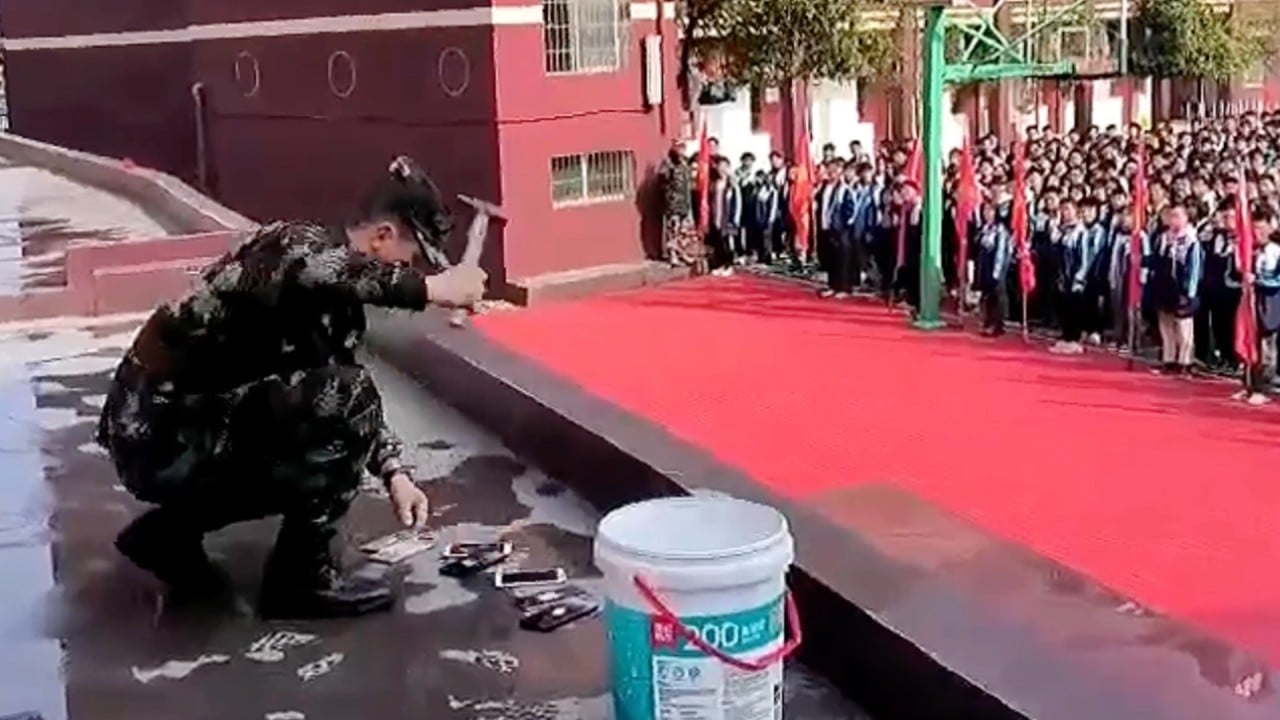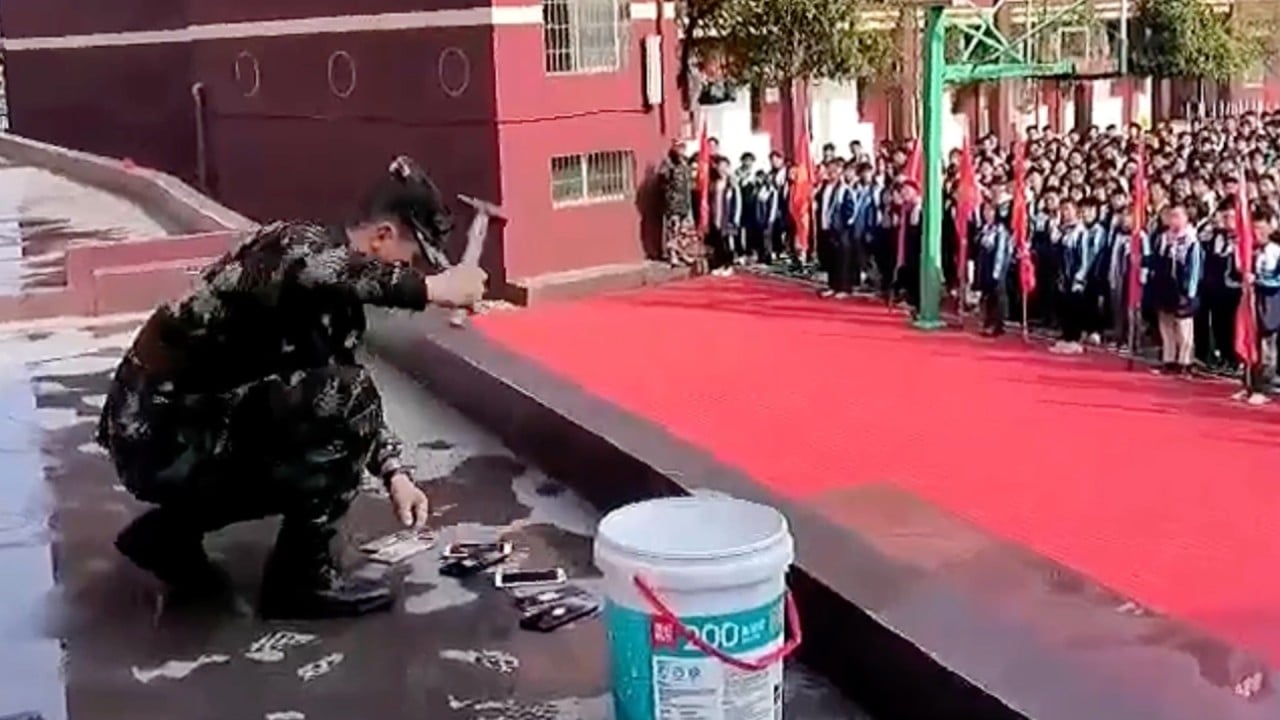Beijing has issued a set of guidelines aimed at strengthening its teaching workforce and making the profession “one of the most respected and admirable occupations in China” by 2035.
The guidelines, released on Monday by the ruling party’s Central Committee and the State Council, China’s cabinet, focus on increasing teachers’ competence, protecting their rights and supporting them to “actively discipline students”.
The new rules also stipulate zero tolerance for teachers who commit malpractice and other violations, with strict enforcement of discipline and legal consequences for offenders.
At the same time, teachers should be protected from being humiliated or defamed, according to the guidelines, which also called for a lift in their social status by encouraging public respect and support.
The guidelines acknowledged that the knowledge and teaching skills of educators should be enhanced, and that the government should provide more training for rural teachers.
Salaries should be paid on time and any unnecessary additions to teachers’ workloads should be reduced, said the guidelines, which come as China tries to cultivate an innovation-driven economy amid its competition with the US.
At an official conference on Thursday, the State Council said there are 18.9 million teachers in China, who together hold up the “largest-scale teaching system in the world”.
Nevertheless, it is a system that has attracted much criticism over the years. Teachers are burdened with an over-bureaucratic workload and complaints from parents, while children are thrown into a fiercely competitive environment from an early age.
Disciplining of students is an old issue in China, where criticism, after-class detention, volunteer work and being required to stand during class are among the acceptable punishments teachers can use.
But in reality, teachers are vulnerable to being reported on by disgruntled parents. There is the added fear that interactions can be recorded and posted on the internet.
Cindy Wang, who teaches at a junior school in Hubei province, central China, said teachers were concerned that if anything happened, they would be portrayed in a bad light.
“It’s quite difficult to find the appropriate level of punishment. If it’s too light, it won’t work, if it’s heavy, it might hurt the students physically or mentally,” she told the South China Morning Post.
According to Xiong Bingqi, director of the Beijing-based 21st Century Education Research Institute, another problem is that some local education bureaus and schools evaluate teachers by whether parents file complaints against them.
“It doesn’t matter whether the teacher had good reasons to discipline the student, as long as others complained about them, there’s a problem,” he wrote in an article published by The Beijing News.
Under this approach, “teachers will only turn a blind eye when students break rules”, Xiong said.
According to Wang, on top of not being able to discipline their students, teachers are also under pressure because of the excessive bureaucratic burden, especially when officials visit.
“Often, our superiors come to the school for open classes and other inspections, so we have to prepare a lot of documents, which even takes up our time [for] teaching and grading,” she said.
“Once the officials leave, all these materials go into the trash can.”
Regardless of the new guidelines, Wang said she hoped teachers could return to basic classroom duties. “In the end, I think teachers should teach more, and do more things related only to their students. That’s what our occupation is meant to do.”
Numerous reforms to China’s education system have tried to lower costs and lighten the workload for students and teachers, but to little effect.
In 2021, China issued a sweeping ban on after-school tutoring, intended to narrow the gap between the haves and have-nots. But the education system remains exam-centric and hyper-competitive, so that extracurricular classes are now mostly underground.
Sally Wang, a Beijing mother, said she had opted to teach her son English and maths at home because she was dissatisfied with how little is taught in schools these days.
“With all this talk of reducing the workload, I don’t think the teachers dare ask too much of the students,” she said.




